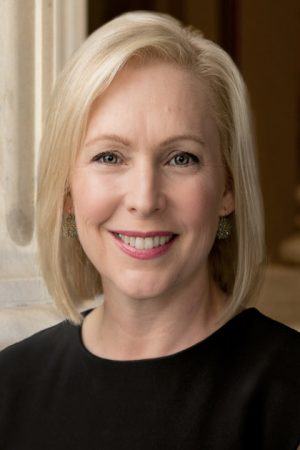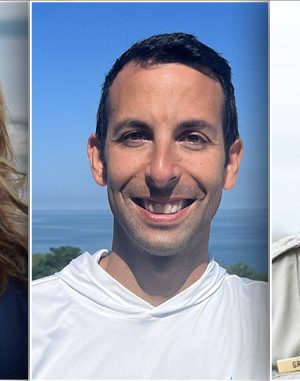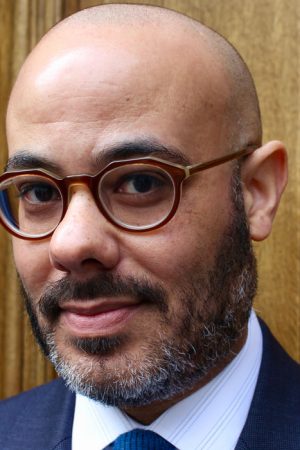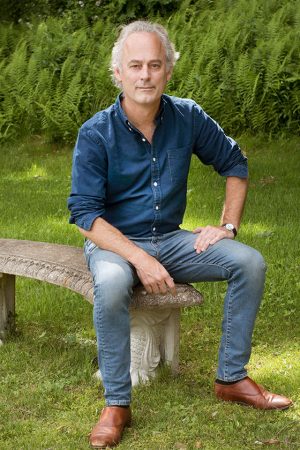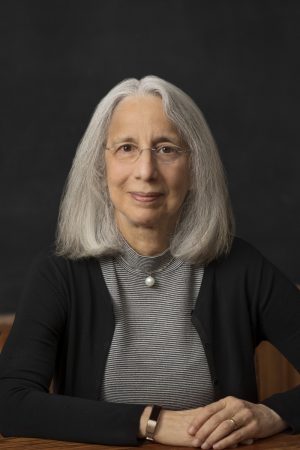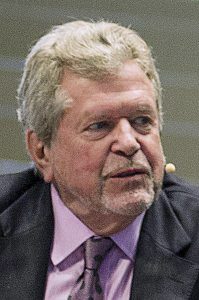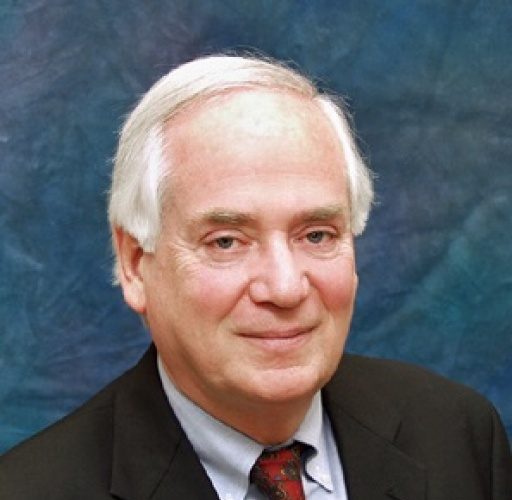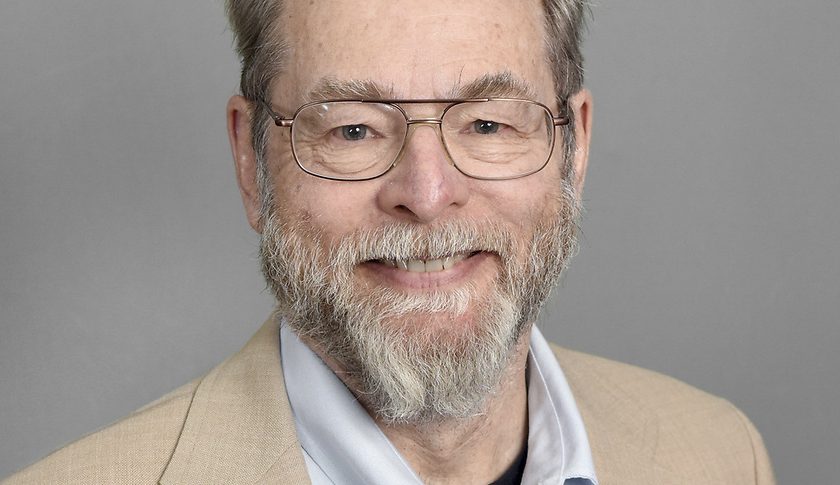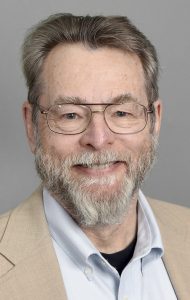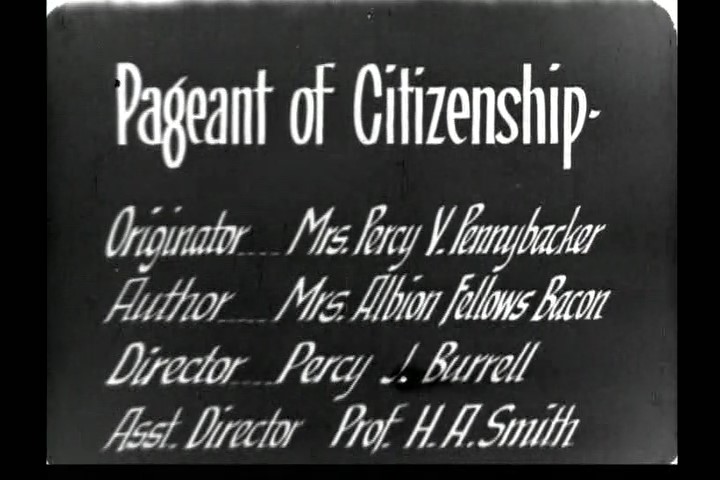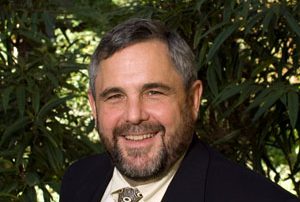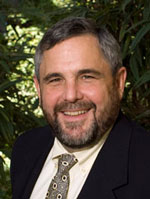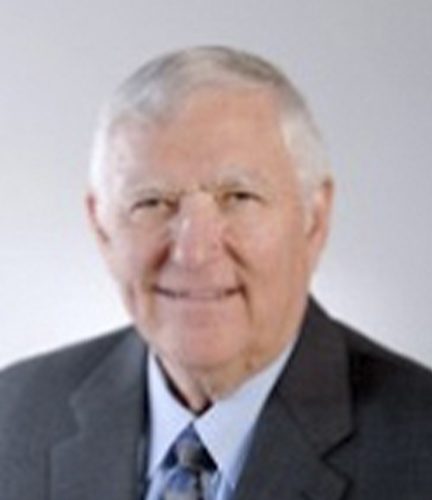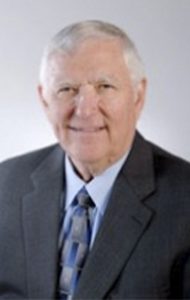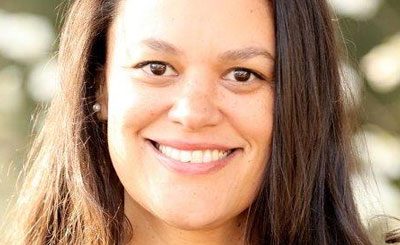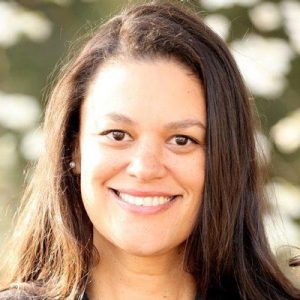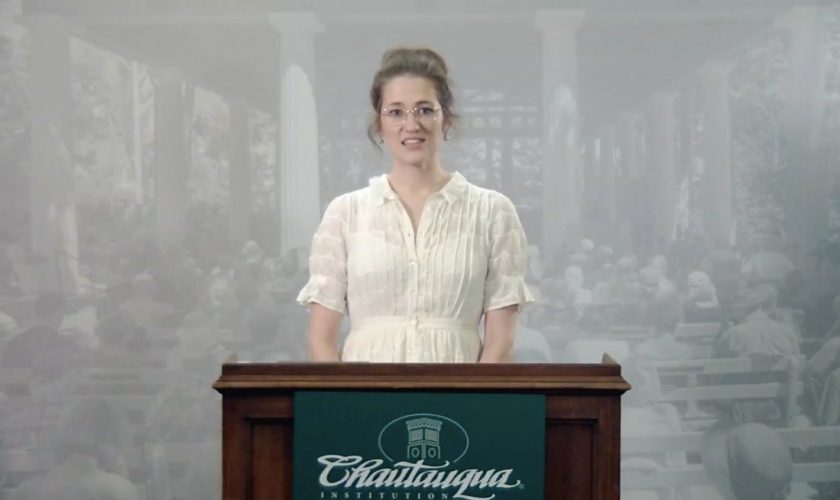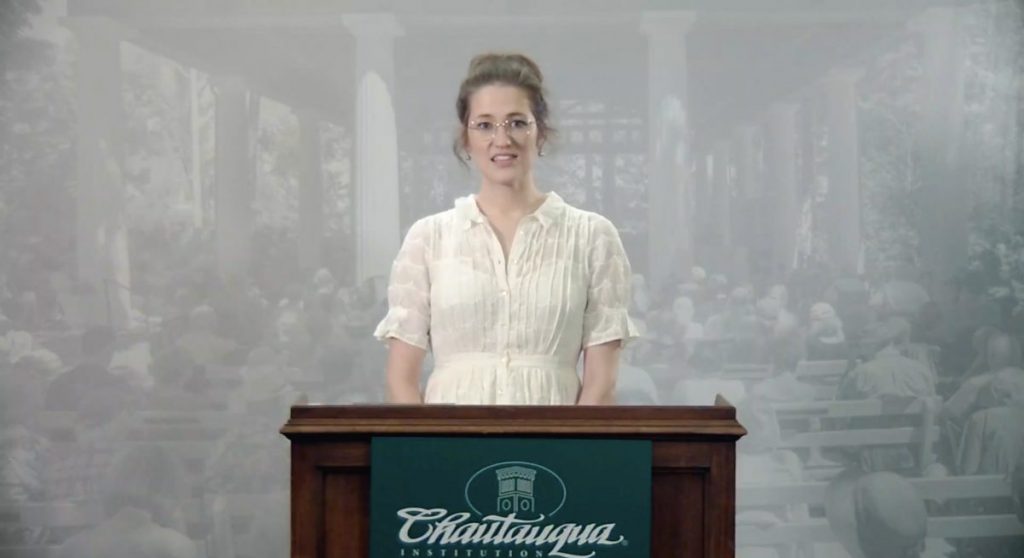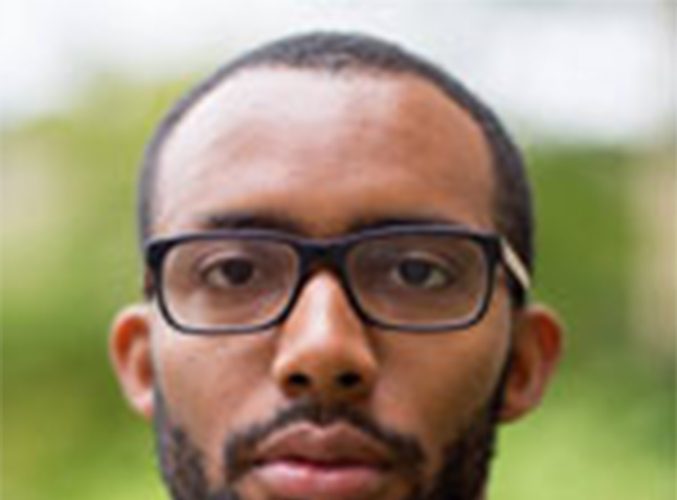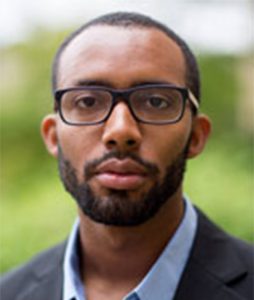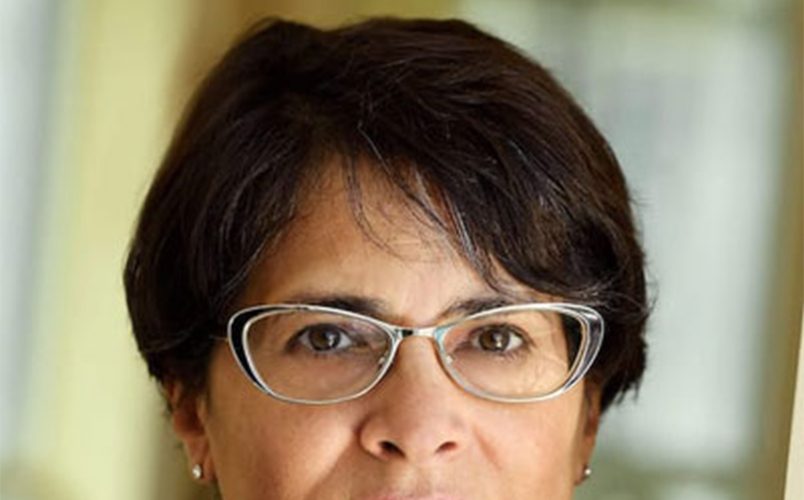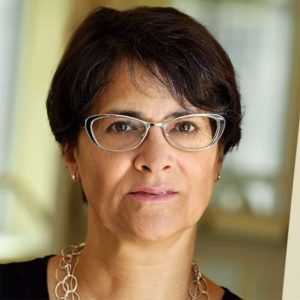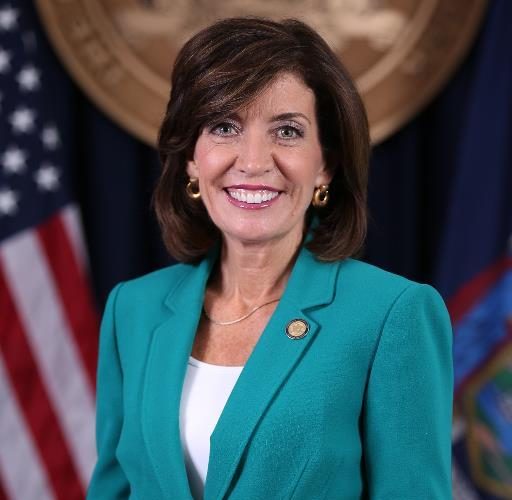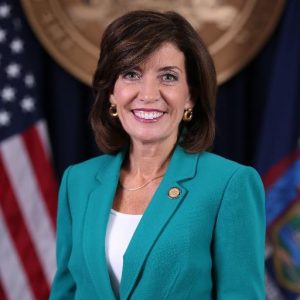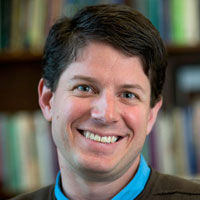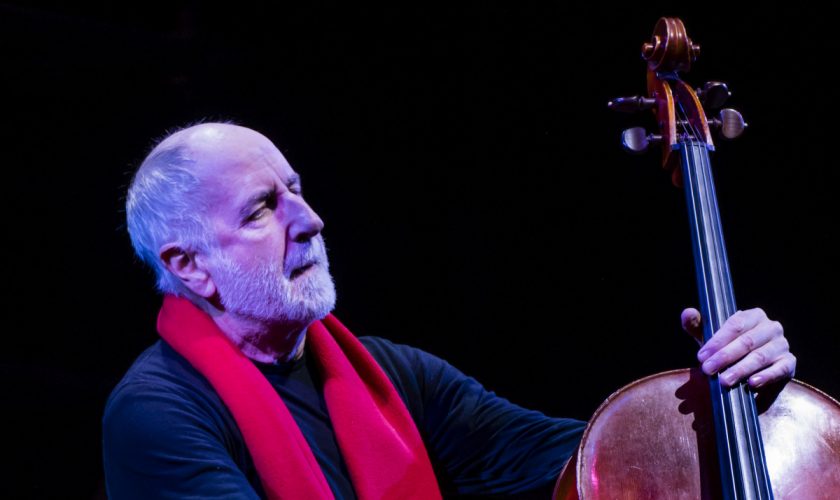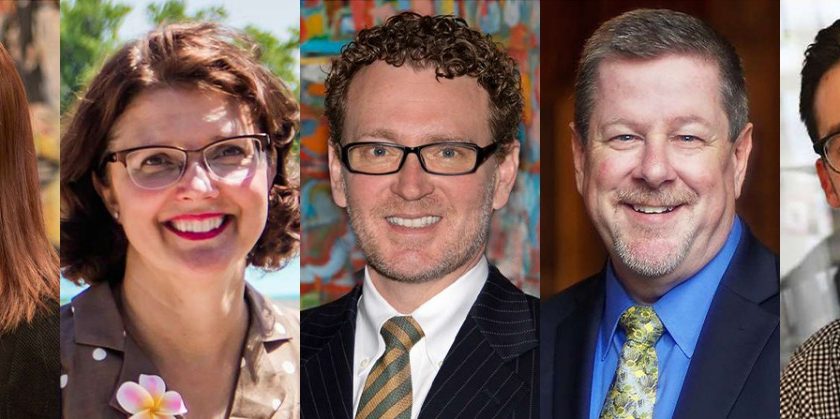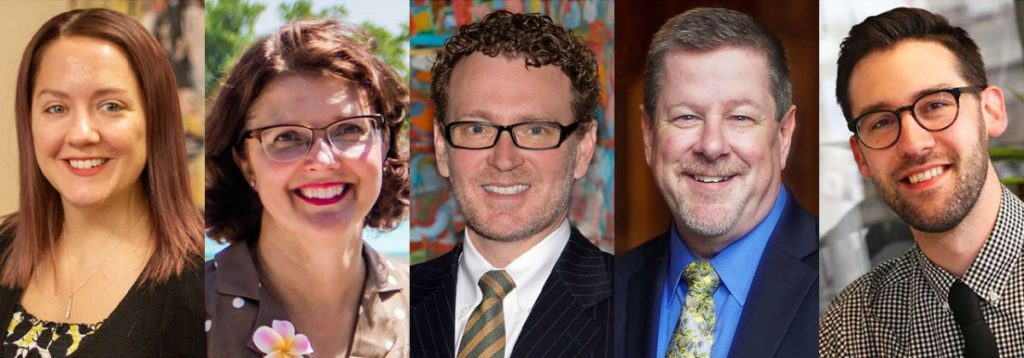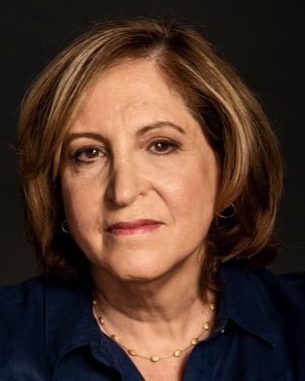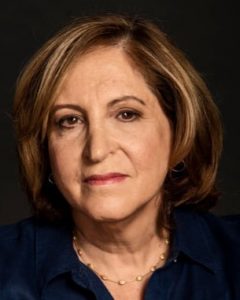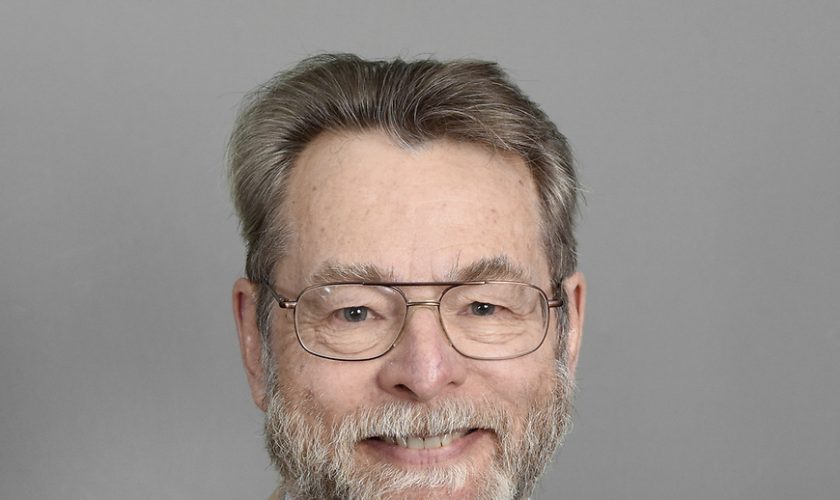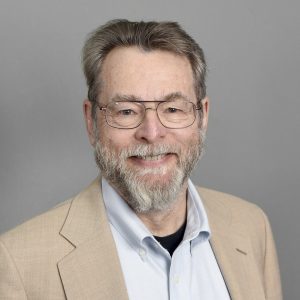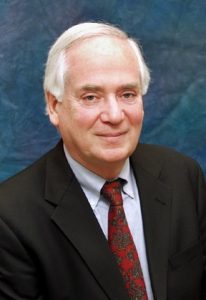
It’s the home stretch. In less than two weeks, the 2020 CHQ Assembly will officially conclude. In the meantime, however, “Dr. Stress” will be sharing sound advice for approaching personal and professional challenges as summer winds down, yet most of the uncertainties associated with the COVID-19 pandemic do not.
Bruce Rabin, M.D., Ph.D., will give a Contemporary Issues Forum presentation titled “Understanding and Managing Stress for Better Mental and Physical Health,” at 3:30 p.m. EDT Tuesday, Aug. 18, on the CHQ Assembly Video Platform.
This will be Rabin’s fifth address at Chautauqua Institution; it is sponsored by the Chautauqua Women’s Club. His first occurred in 1996 on the Amphitheater stage during a week on integrative medicine.
Although he retired in January 2017 from his positions as professor of pathology at the University of Pittsburgh, and medical director of the University of Pittsburgh Medical Center’s Division of Clinical Immunopathology and its Healthy Lifestyle Program, Rabin has not stopped serving the greater Pittsburgh community.
While he was completing his second book, Coping with Stress for Mental and Physical Health and Longevity, published in 2019, Rabin was also helping parents of abused and neglected children deal with stress so that they do not cause further harm to their children. During the pandemic, he has continued this essential volunteer work through YouTube videos.
In May, David Templeton of the Pittsburgh Post-Gazette wrote that “in retirement, Dr. Rabin … continues practicing what he preaches as Pittsburgh’s calmest, gentlest force — a prophet of peacefulness — that I can best describe as Mister Rogers for adults.”
“For years he has spent his own time and dime helping city teachers, firefighters, students, doctors and journalists, among many others, to adopt certain mental and physical practices to keep predatory stress at bay, as a tamer does tigers,” Templeton continued. “… For years, Dr. Rabin taught medical students the biology of stress and how to treat patients suffering from it. But his complementary goal was preparing them to withstand the rigors of their own profession.”
In 1959, between his first two years of college at Western Reserve University in Cleveland, Ohio (which had not yet merged with Case Institute of Technology), Rabin gained some insight into those rigors in his hometown after going to the University of Buffalo (then a private medical college), in search of a summer job.
He said that he was directed to a woman who needed someone to wash glassware. She sat him down, they talked, and she said, “You know, kid, there should be something better you can do; follow me, kid.”
Rabin followed her — down the hallway at a rapid pace — and found himself in front of a young man behind a desk who “said that he could use someone to hold the animals and clean up the lab.” Despite their 13-year age difference, they soon became friends.
Because of his friendship with Noel Richard Rose, Rabin said he enrolled at U.B. for a Master’s degree and studied under Rose, who had not only earned a Ph.D. but was also attending medical school part-time.
“‘Follow me, kid’ laid the groundwork,” Rabin said. “I met this man. He became a friend. I modeled myself after him. Two weeks ago, at age 92, he passed away. It shows how little things influence your life.”
After earning his Ph.D. in immunology and his M.D. at the State University of New York at Buffalo — U.B. had merged with the SUNY system in 1962 — Rabin joined SUNY Buffalo’s faculty of the Department of Pathology and the Center for Immunology in 1970.
Two years later, he was recruited to the faculty at the University of Pittsburgh Medical School as director of its Clinical Immunopathology Laboratory.
“When I was 40,” said Rabin, “that’s when I began to focus on the effect of stress on health. If your immune system doesn’t function well, the quality and length of your life don’t work as well. For 35 years we studied stress — a group of us — and defined it.”
Academically, Rabin directed an elective course for 50 fourth-year UPMS students.
Within the Division of Clinical Immunopathology, his clinical work focused on providing laboratory tests to assist in detecting autoimmune and immunodeficiency diseases, and protein abnormalities in serum, urine and spinal fluid. He also provided tests for serologic diagnosis of infectious diseases.
In addition, he maintained an active consultation service to assist in the interpretation and application of clinical laboratory immunology tests.
Rabin’s research expertise involved “implementing new technologies in the Clinical Immunopathology Laboratory (in order) to be more precise and cost-effective in the identification of antibody and serum protein abnormalities and the development and implementation of programs that enhance the quality of health by reducing the risk of disease development.”
In other words, Rabin’s research and laboratory have made substantial contributions to understanding how the immune system and brain communicate and interact, how stress affects these communication pathways, and how it influences an individual’s overall health.
To promote research in mind-body interactions, he has served on government panels in a variety of capacities, and as the secretary/treasurer and as the president of the Psychoneuroimmunology Research Society.
In essence, Rabin has been trying to help healthy people remain in good health as they age.
He wants Chautauquans to know that it is important “to remain calm — as so much is changing now with so much that’s unknown — to help reduce impulsive behaviors so they can be better role models for their children and grandchildren, … speak rationally to them (and others), and keep … focused and thinking clearly.”
How can one remain calm as the amount of stress piles up — especially during a pandemic?
First, watch and listen to Rabin’s talk. Second, follow his advice and practice the coping actions he recommends. And third, embark on a journey with Dr. Stress / Mister Rogers for Adults as a guide via his book, Coping with Stress for Mental and Physical Health and Longevity, and his YouTube video series.
Doing so may not only vastly improve one’s overall health, but also lengthen one’s life.

